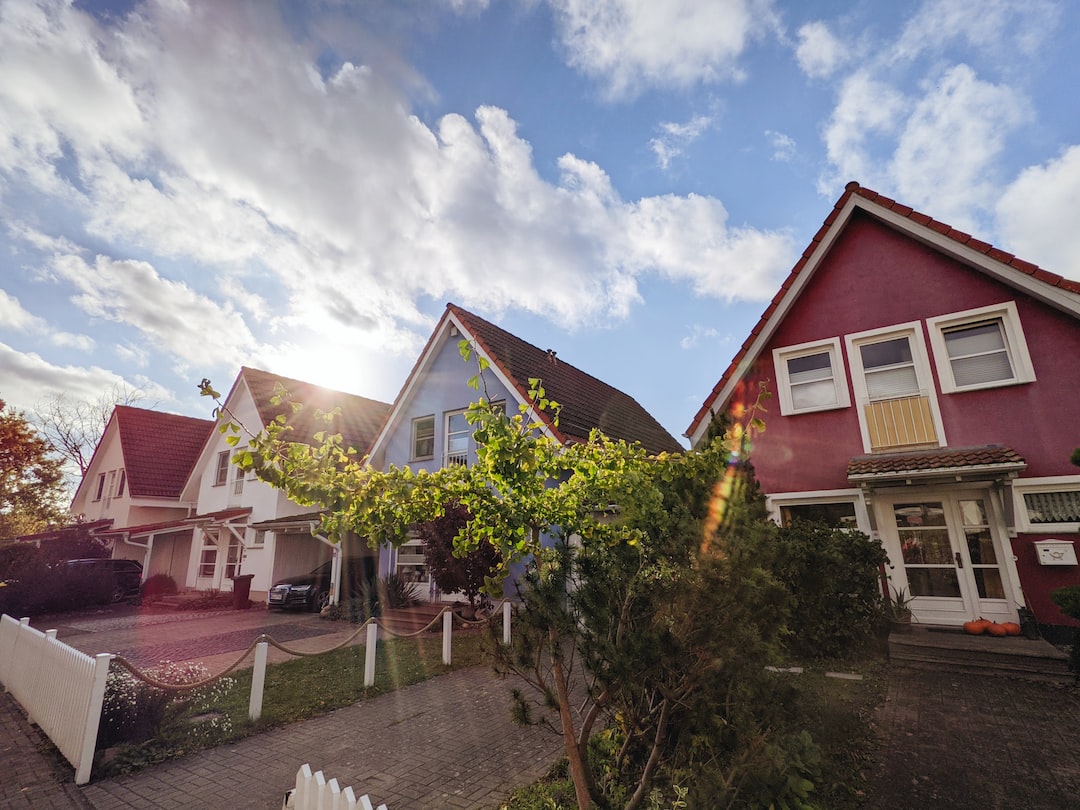Deciding whether to rent or buy a home is a big decision that can have a significant impact on your financial stability and lifestyle. Both options come with their own set of advantages and disadvantages, and it is essential to carefully consider them before making a choice. In this post, we will discuss the pros and cons of renting versus buying a house to help you make an informed decision.
One of the most significant advantages of renting is the flexibility it provides. Renting a property allows you to move more easily, making it ideal for individuals who frequently relocate for work or personal reasons. Renters are not responsible for expensive repairs or maintenance costs, as those duties typically fall on the landlord’s shoulders. Additionally, renting often involves lower upfront costs, as you are not required to pay a down payment or incur closing costs.
However, renting also has its downsides. Rent payments do not contribute to building equity, meaning you will not see a return on your investment in the long run. Rent prices are also subject to increase at the discretion of the landlord, potentially making your living situation less affordable over time. Moreover, renters have limited control over the property, restricting their ability to customize or make significant changes.
On the other hand, buying a house comes with various benefits. One of the most significant advantages is building equity—the longer you own the property and pay your mortgage, the more value you accumulate. Homeownership offers stability, as you are not at the mercy of a landlord’s decisions, and you have the freedom to modify or enhance your property as you see fit.
Nevertheless, purchasing a home also has its downsides. Buying a house requires a more substantial upfront financial commitment, including a down payment and closing costs. It also comes with added responsibilities, such as property maintenance and repairs, which can be costly and time-consuming. Moreover, the real estate market’s volatility means that the value of your property may fluctuate, potentially resulting in financial loss if you need to sell during a downturn.
To make the best decision for yourself, consider your financial situation, long-term plans, and lifestyle preferences. Calculate the costs associated with renting and buying, including mortgage payments, property taxes, insurance, maintenance, and potential rent increases. Consider how long you plan to stay in one location and whether you value stability or flexibility more in your living arrangements.
In conclusion, the decision between renting and buying a home is a personal one that should be made based on careful consideration of the pros and cons of each option. Renting offers flexibility and fewer financial obligations, while buying provides the opportunity to build equity and have more control over your living space. Evaluate your priorities, financial capabilities, and future goals to choose the path that best suits your needs. Remember, there is no one-size-fits-all answer—it all depends on your individual circumstances and priorities.

